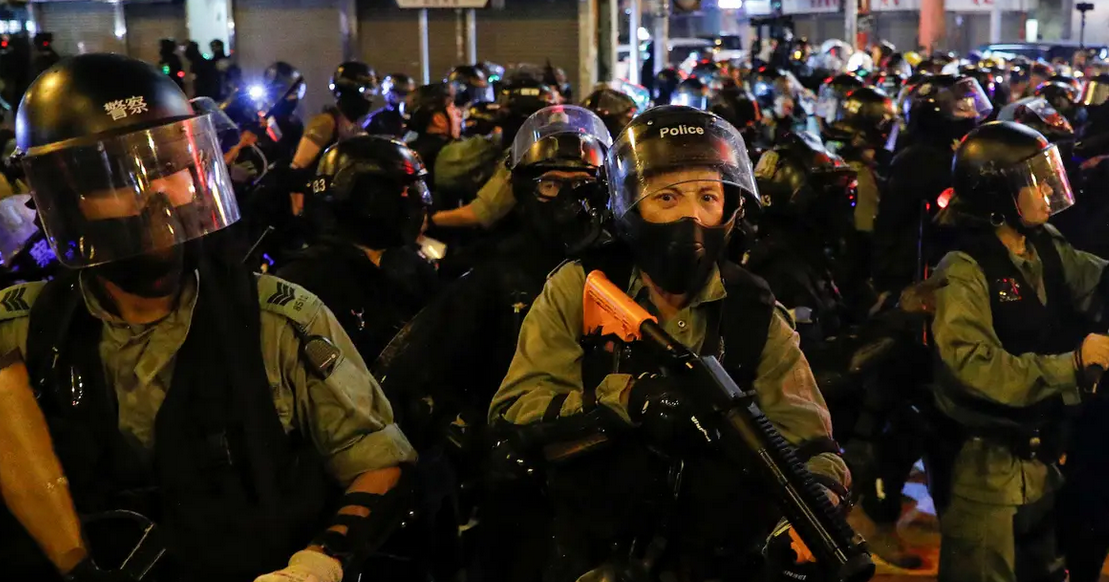Protests have long been a powerful political tool for enacting change and expressing discontent.
From the Civil Rights Movement’s the March on Washington for Jobs and Freedom to Indian independence, protests have left powerful marks upon the world. Historically, protests have served as an outlet for marginalized groups to articulate their frustrations — and make their demands known. One such example is New York’s Stonewall riots, which kicked off the modern Pride movement and mainstream LGBTQ visibility.
Today, protests like last month’s Global Climate Strike and Hong Kong’s ongoing mass protests are calls for politicians to change their policies. The climate strike, for example, drew over 6 million protesters around the world, making it the biggest demonstration against climate change in history.
While protests have changed significantly with the rise of technology and social media, they’re still powerful agents for change.
In an interview with WNYC’s On The Media, technological sociologist Zeynep Tufekci said that modern protest has the “capacity for changing the narrative.”


